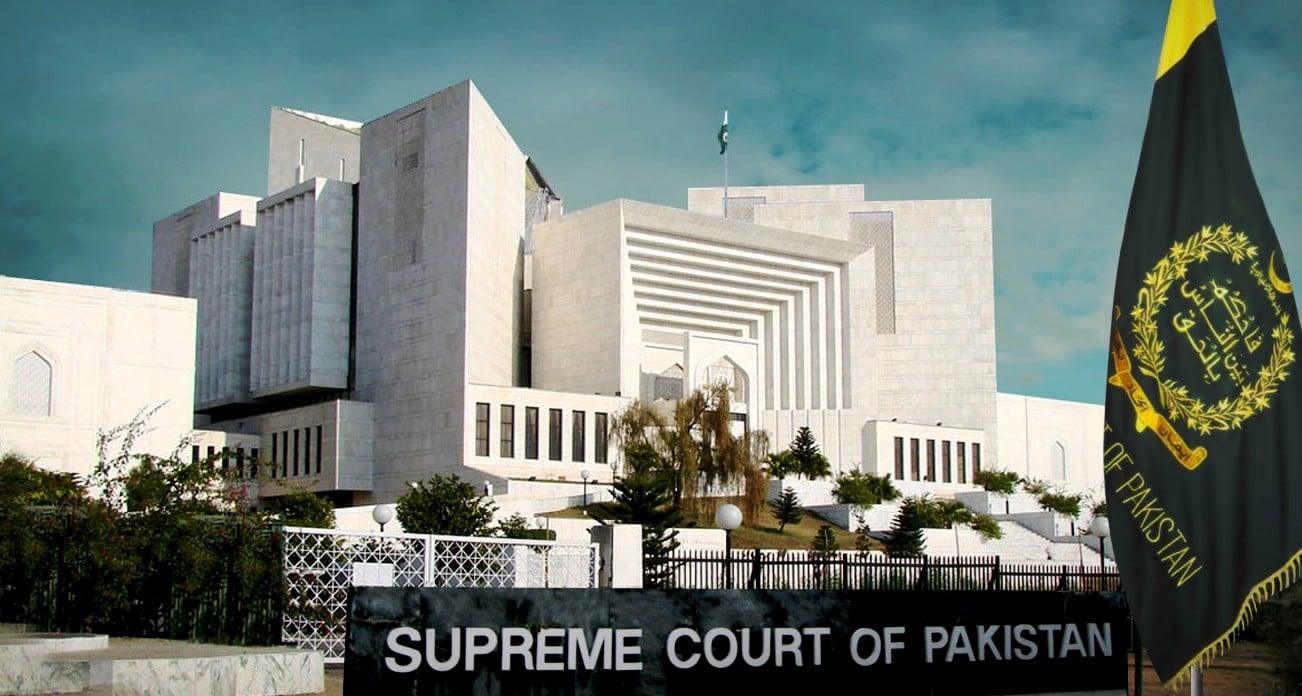Islamabad:
Friday, the Supreme Court questioned the distinction between the 2014 APS terrorist attack and the demonstrations of May 9, asking how the treatment of civilians involved in the two incidents differs.
Judge Musarrat Hilali made these remarks during the hearing of the case concerning the trial of civilians in the military courts,
A constitutional bench of seven members, led by Judge Aminuddin Khan, heard the intra-core appeal against the military trials of civilians.
During the procedure, the lawyer for former head of judge Jawwad S. Khawaja, Khawaja Ahmad Hussain, argued that ordinary civilians were not subject to military law, which only applies to Civilian employees of the Armed Forces of Pakistan.
Judge Hassan Rizvi asked if the army law applied to attacks against air bases, while Judge Hilali reiterated his concern concerning the different treatment of civilians in the APS attack and the demonstrations of May 9.
Khawaja Ahmad Hussain explained that the APS attack was an act of terrorism, which led to the 21st constitutional amendment. Judge Hilali noted that the victims of the APS attack were all civilian children.
He argued that even if the suspects of May 9 should be tried, their affairs should not be before military courts.
Judge Amicin pointed out that the judiciary has the power to examine any law which contradicts the Constitution.
Referring to the official declaration of May 9 of the Pakistani army, Hussain questioned the fairness of military trials, arguing that a victim cannot be both a party and a judge in the same case.
Judge Hilali replied that these arguments concern the substance of the case, while Judge Aminuddin urged the Council to focus on legal aspects rather than broader implications.
Judge Mandokhail questioned the effectiveness of the 21st constitutional amendment, which established military courts for a period of four years, asking if it had given tangible advantages.




